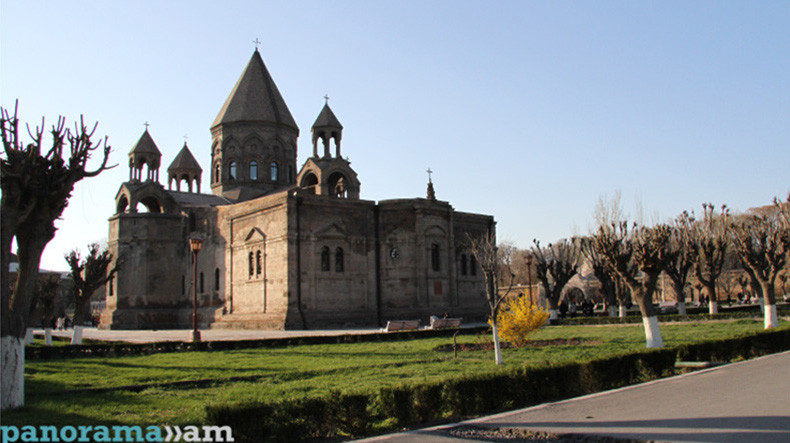
Armenia celebrates Feast of St. Sarkis the Captain
Captain St. Sarkis is one of the most beloved saints among the Armenian nation. Together with his 14 soldiers-companions he was martyred for the sake of Christian faith.
As the Araratian Patriarchal Diocese of the Armenian Apostolic Church reported on its website, during the period of reign of the king Kostandianos the Great (285-337) St. Sarkis, being very courageous, was appointed the prince and General in chief of the region of Cappadocia bordering Armenia. When during the period of reign of the king Julianos the Betrayer (360-363) the persecutions against Christians started by God’s will St. Sarkis and his only son – Martyros, came to live in Armenia, and the Armenian king Tiran, grandson of Tiridates, received them very well. From Armenia St. Sarkis and his son went to Persia, and started serving in the army of the Persian king Shapouh as the captain of regiments.
For the Armenian nation St. Sarkis is one of the most beloved. It is no coincidence that St. Mesrop Mashtots brought the relics of the saint to the village Karbi (Ashtarak Region) and the Church of St. Sarkis was later built over his relics.
In Armenia it is accepted to celebrate the Feast of St. Sarkis not only according to church rites and prayer, but also according to various folk traditions. St. Sarkis the Captain is considered the patron of youth. Many miracles happen thanks to his intercession. On the day of the feast, young people pray the saint asking him to make their prayers audible to God. St. Sarkis is the realizer of the love longings.
On the eve of the feast, young people eat salty cookies and relate the appearance of their future bride or bridegroom in their dream to eating of the salty cookie. Also, on the night preceding the feast of St. Sarkis the faithful people place a tray full of gruel before the door believing that while passing near their door at dawn St. Sarkis will leave his footprint on the gruel symbolizing the fulfillment of their dreams.
People in love present each other cards, flowers or sweets on the occasion of the feast.
On the day of the feast, a Divine Liturgy is celebrated in all churches named after St. Sarkis. Following the Liturgy, a special ceremony of blessing of young people is offered.
Newsfeed
Videos






























